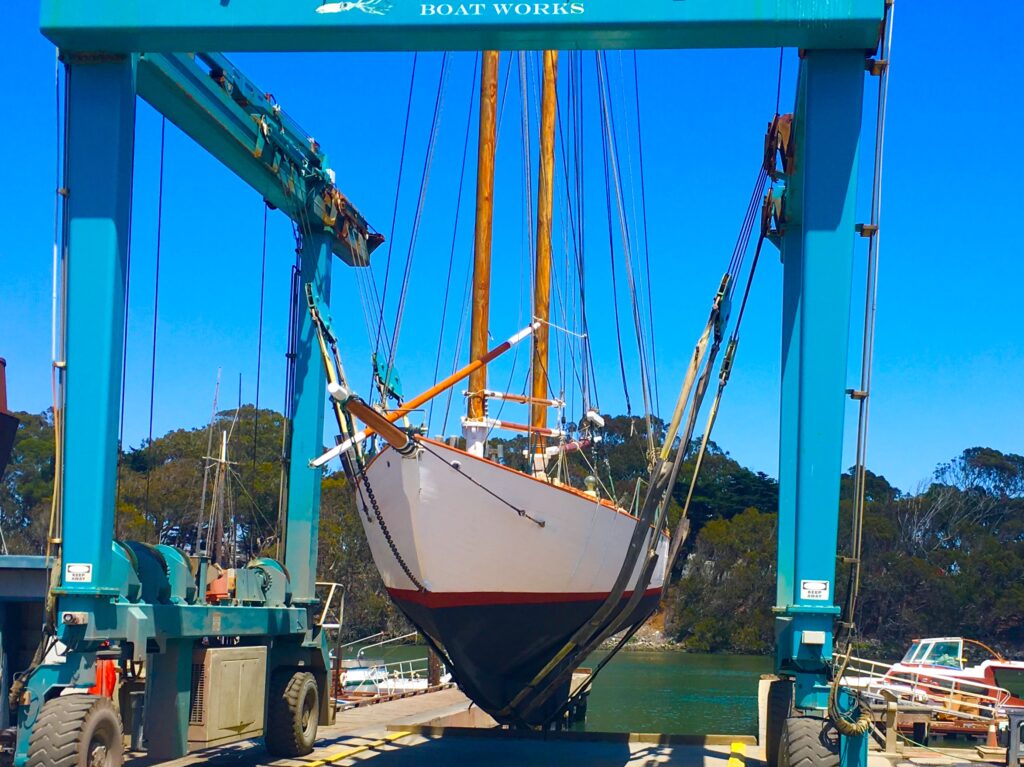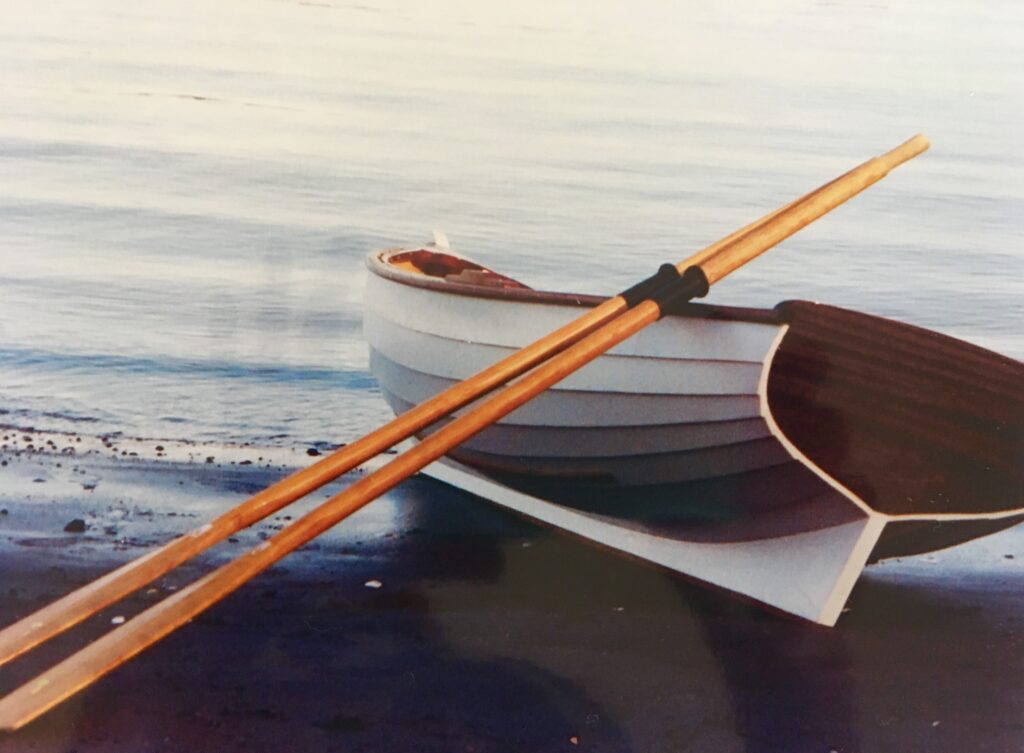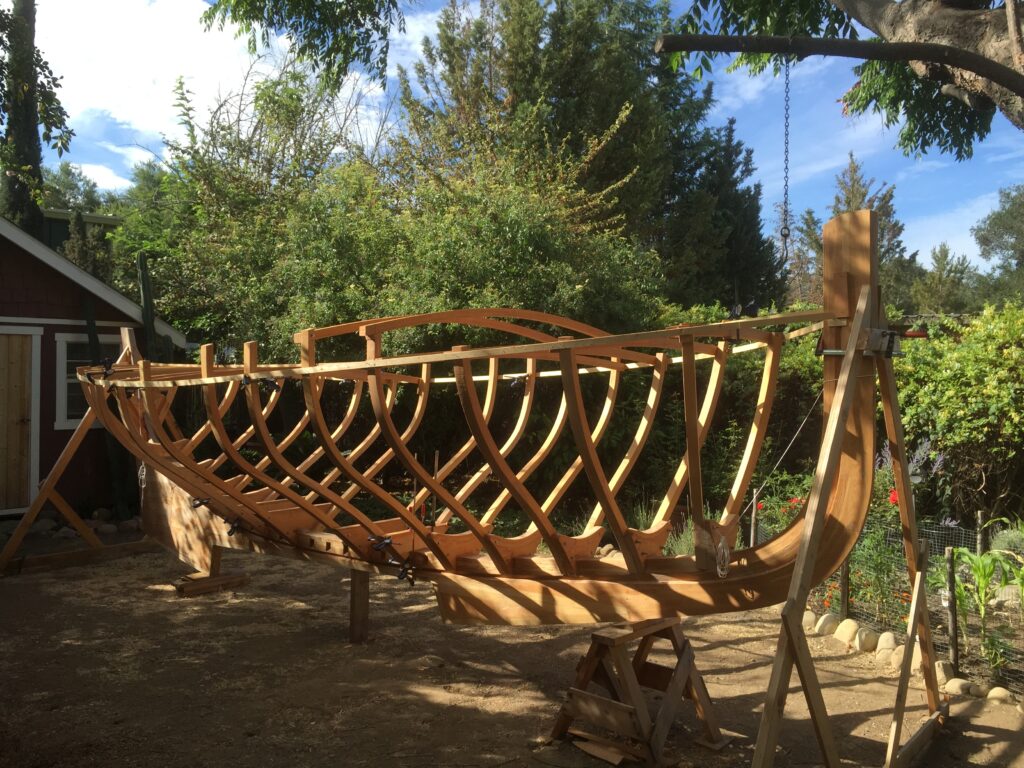Ocean as Healer
The idea of using nature as a healer is not a new one. Over 100 years ago, naturalist John Muir wrote about how “thousands of tired, nerve-shaken, over-civilized people are beginning to find that going to the mountains is going home…” Since approximately 75% of the Earth’s surface is covered by water, 96% of which is the worlds oceans, it makes sense that the oceans are an especially powerful healing tool. Our bodies also contain a similar percentage of water and salt water is closely related to our human body fluids. The latest research shows that there are many healing effects just from being near, on or in the ocean. In his recent book Blue Mind, by Marine Biologist Wallace J. Nichols summarizes this research. We have a profound relationship with the ocean that not all of us are consciously aware of.


Because of this, it makes sense that activities related to the oceans are more likely to be therapeutic and healing, particularly if they are consciously used as such. The art and science of traditional wooden boatbuilding contains within it more variety of skill sets than any other type of craftsmanship. It truly is the grandmother of the trades and a perfect antidote to the artificial lifestyles and attitudes that have become accepted as normal and even desirable in today’s culture. The use and enjoyment of boats on the water is older than recorded history and provides a perfect platform for teaching many of the more subtle and hard to teach life lessons in a way that is grounded, real and can set the stage for a lifetime of happiness.

Although The Meredith Project will utilize many different types of learning and healing experiences, the core will always be ocean related. Truly, there is no resource more valuable than our young people. While many groups use these words, their actions and what they offer to today’s children are often not congruent. Our youth need an environment where they are respected and feel heard. They need guidance, not preaching, reassurance with empowerment, wisdom, not slogans. They need caring adults who can assist them to cope with life’s changes, make wise choices and to discover what they truly want to do with their lives. So that then, they not only survive, but thrive.
